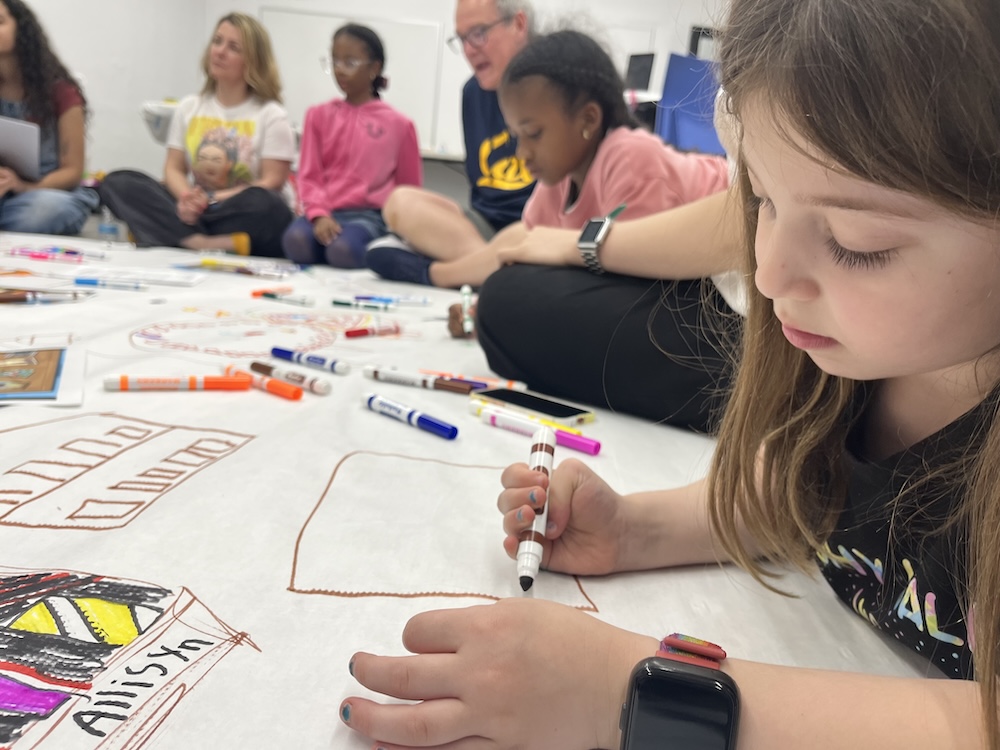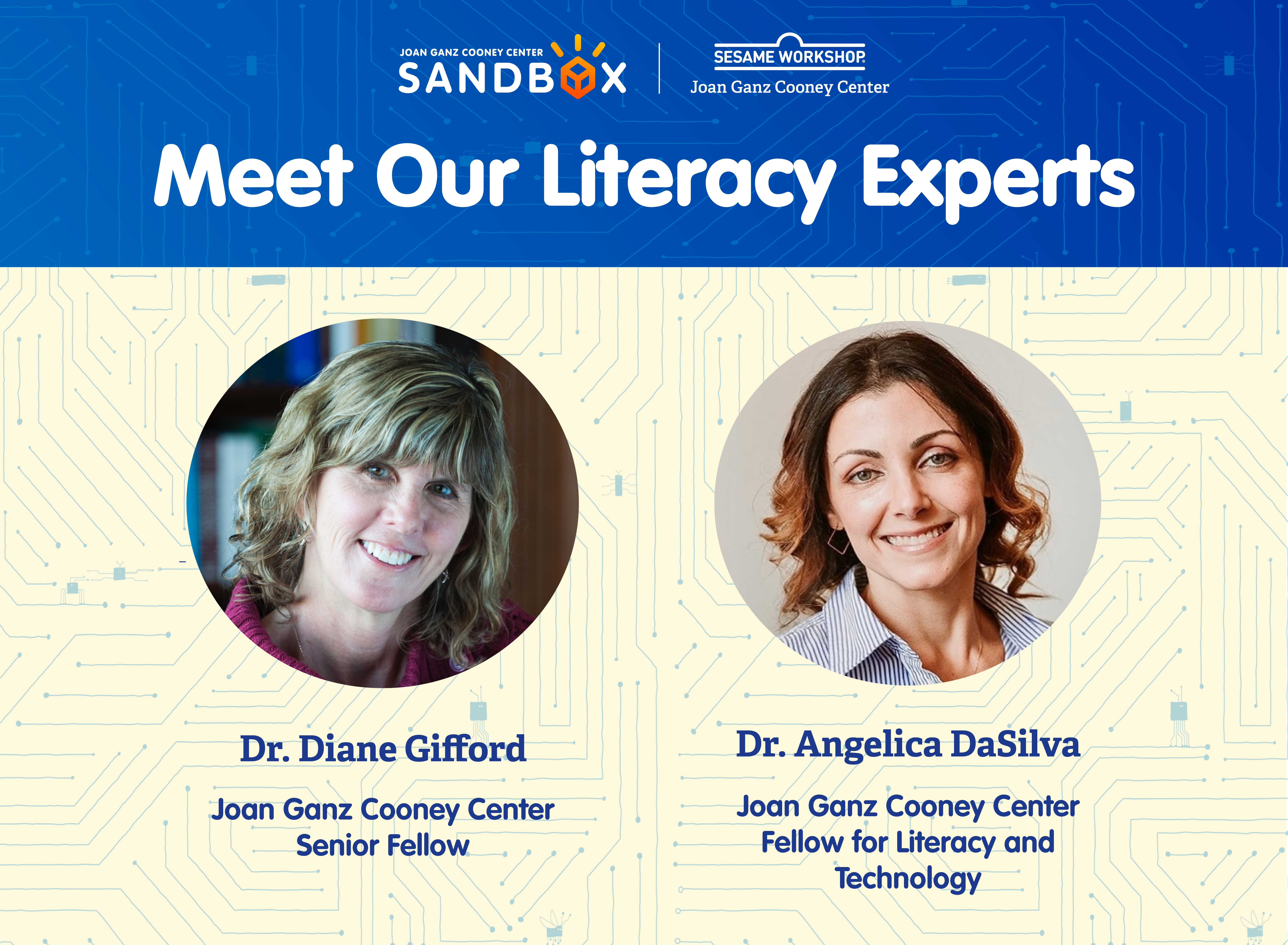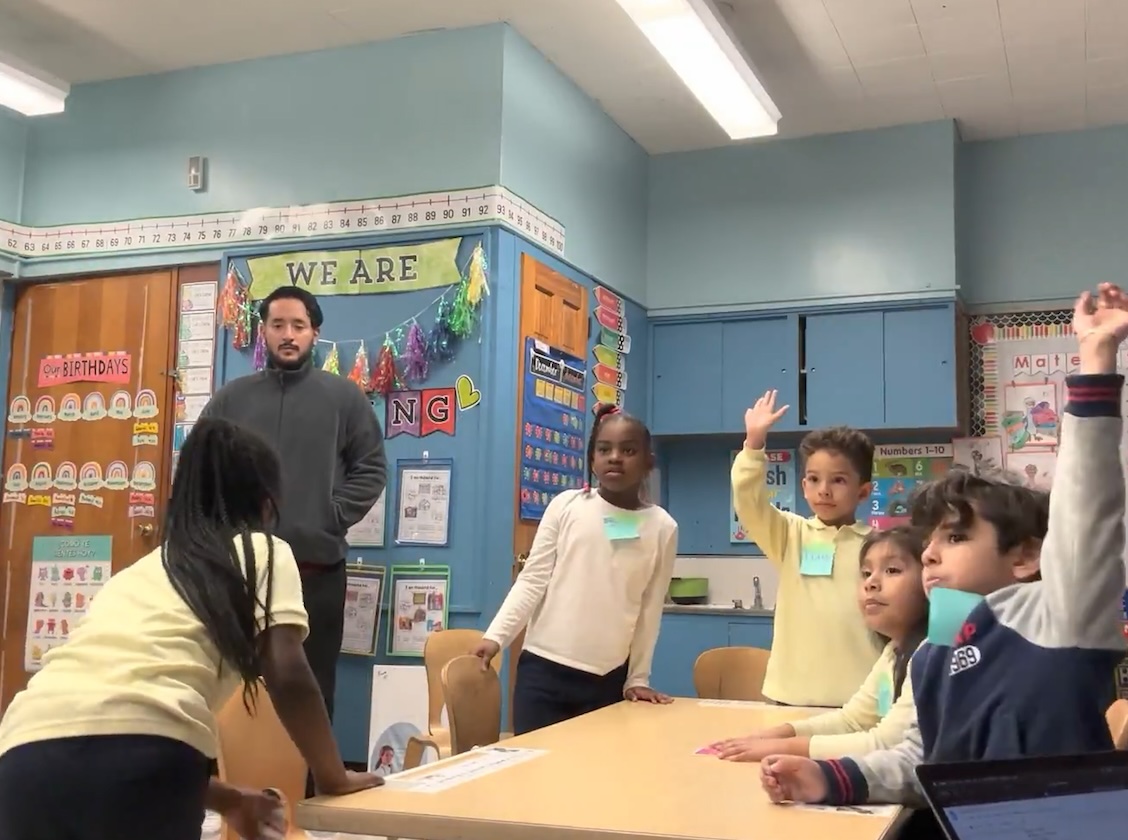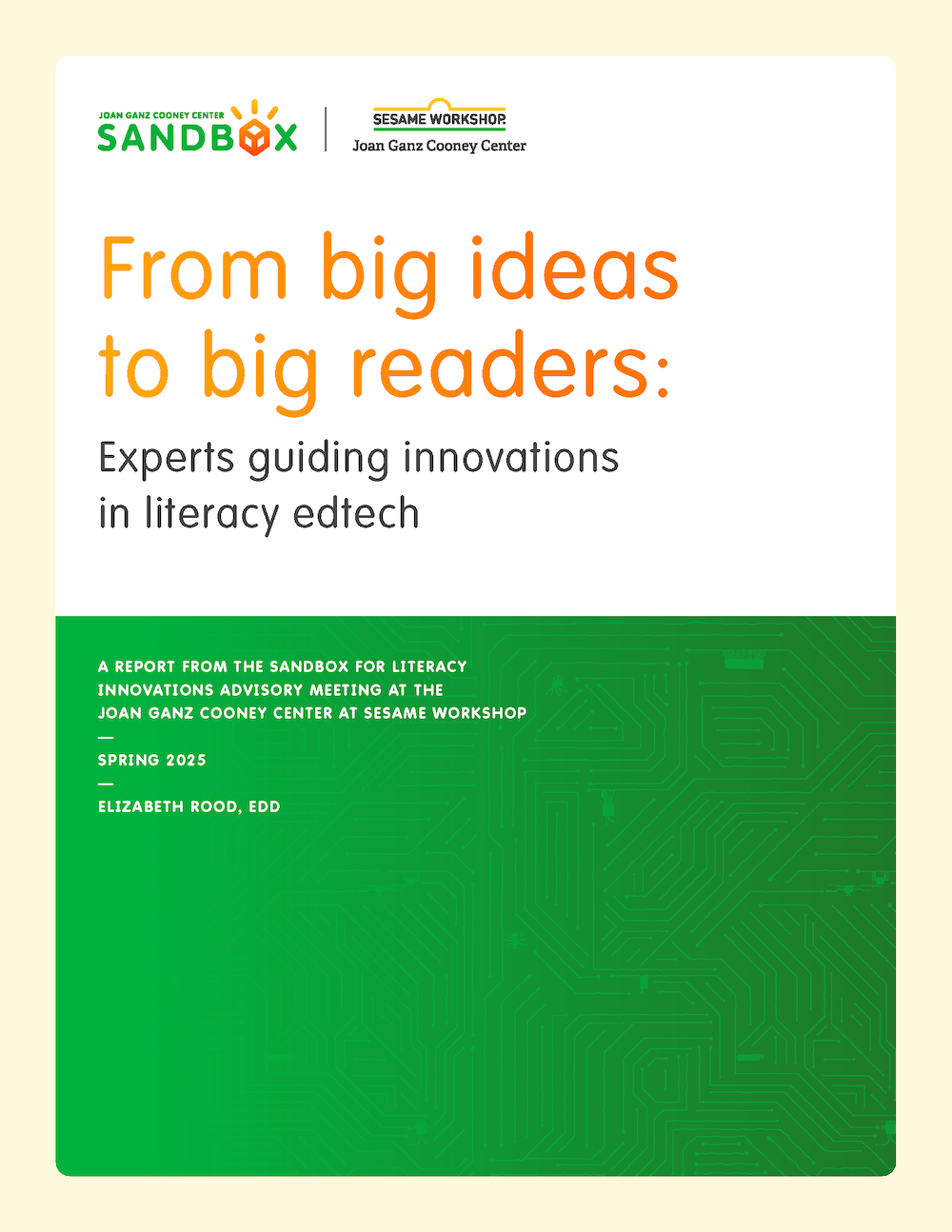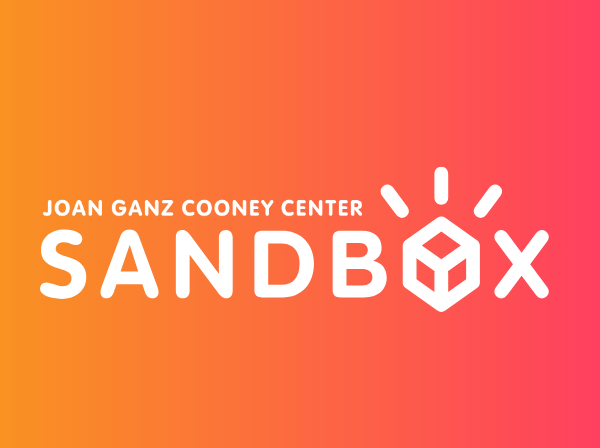The Joan Ganz Cooney Center has officially welcomed the first six edtech partners into the Cooney Center Sandbox for Literacy Innovations. Supported in part by the Walton Family Foundation, the Sandbox aims to foster edtech design informed by the science of learning and the creative spark of children.
The six partners, introduced below, are working on a wide range of new literacy tools to help kids both in and outside of classrooms, from an octopus reading buddy to “beasties” hungry for new words, to a friendly blue yeti guiding young writers.
According to Allisyn Levy, the Cooney Center’s senior manager of partnerships and planning, the Sandbox chose partners targeting multiple literacy challenges—from phonics and decoding to vocabulary and verbal reasoning. Importantly, she added, the partners also “demonstrated an openness to making changes, not only to their products, but to their design process.”
After an initial product review and assessment, the Sandbox team will conduct consultations with each partner focused on the science of literacy, universal design for learning (UDL), and learner variability (LVN) followed by co-design sessions with children throughout the spring.
“We are thrilled to be working with this incredible, diverse group of partners who are committed to designing literacy products aligned with the latest pedagogy and ensuring that children are central to the design process from the get-go,” said Levy. “We hope this work will have a meaningful impact for the broader field and inspire others designing media for kids to do the same.”
Edtech developers interested in participating in the Cooney Center Sandbox should stay tuned for an open call for applications later this summer. (Interested? Click here).
E-Line Media

“We are passionate about harnessing the power of games and interactive media to engage, empower, and inspire a generation of digital natives,” said Jason Everett, E-Line’s vice president of production for mobile games.
For instance, their BAFTA and Peabody-winning cooperative action game, Never Alone, was inclusively developed with a pioneering Alaska Native tribal organization. Players of their Beyond Blue series discovered the mysteries of ocean ecosystems through the eyes of a deep-sea scientist and explorer. This commitment to creating stories with impact is what led Jon Waterhouse—the visionary for a groundbreaking new reading app—to trust E-Line with its development.
RiSi (Read It, See It) is a patent-protected, voice-activated app that animates a book’s illustrations when a child correctly reads the accompanying text aloud. An octopus book buddy named RiSi is always there to provide gentle correction and encouragement or even to read the whole book to the child. “RiSi was born out of Jon’s own experience of never being read to as a child and his subsequent reading challenges when he started first grade. I’m so proud of him for transforming that early frustration into a joyful, empowering tool for early readers,” said Mary Marshall-Waterhouse (Founder of RiSi’s parent company, OctopusPrime Inc).
While E-Line is well-versed in playtesting games, using co-design to inform product features for an early childhood literacy application will be a new experience for them, and they’re thrilled to work with the Sandbox to perfect RiSi’s unique features and capabilities. According to Everett, “It’s invaluable to spend time with kids while your software is still early in development and very mutable, to understand how they’re experiencing it, what they love, and what might be frustrating,” he said. “This will help us realize the goal for RiSi, which is to create a lifelong love of reading.”
LeapFrog
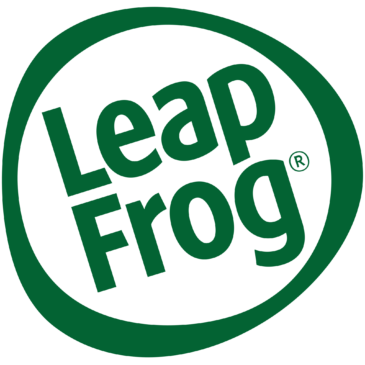
For more than two decades, LeapFrog has helped kids learn to read and write with interactive books, educational toys, and learning games. Innovations like the original LeapPad and LeapReader feature a smart stylus that children can use to scan words and passages for read-aloud support and phonics activities. Now, the company has introduced a new digital “Reading Library” of storybooks to their online learning destination, LeapFrog AcademyTM. The challenge they’ll be taking on with the Sandbox team is to translate best practices in reading instruction and support into the digital e-reading space and to test new features that a digital format makes possible.
“We really want to leverage the digital format in a more meaningful way,” said Dr. Ben Miller, LeapFrog’s executive learning designer, such as combining visual and auditory displays of blending letter sounds to form words.
They’ll also be eager to try out more customizations, such as letting kids choose the colors for block highlighting words as they are read, and the narrator’s pace and volume, providing personalized feedback for developing reading skills.
“The software could also help caregivers and teachers keep tabs on a child’s reading skills,” noted Miller. “And e-reading gives us a lot of flexibility to tailor support to each learner’s needs,” he said.
The LeapFrog team wants to make a fun and engaging digital reading experience that gives kids the right balance of support and autonomy as they practice their growing skills, and they think co-design will be an invaluable tool for achieving that goal.
“We’re excited about co-designing with kids,” said Miller, “because it’ll be much more of an even playing field in which we have some ideas and they have some ideas, and we’ll see what we generate together.”
Lirvana Labs

Yeti Confetti is an AI-powered personalized learning and teaching co-pilot launched in 2023 by Lirvana Labs. The friendly blue Yeti character guides children through lessons in early numeracy and literacy skills, gives dynamic oral instruction, hints, and encouragement in 28 languages, to build learner confidence and resilience, and links with other AI-agents to help teachers create personalized lesson plans and act on student progress.
Now, Lirvana Labs is partnering with the Sandbox as they prepare for a new goal—helping kids in grades four to six learn to write with agency and joy, and critically, how to incorporate feedback and revise.
“When we think about writing, we’re talking about critical thinking, verbal reasoning skills, your ability to empathize with your audience and drive an opinion,” said Christie Pang, co-founder of Lirvana Labs. “This new role for Yeti is to be a facilitator of the review, feedback, and revise process.”
The new product is currently a prototype, and Pang is eager to work with the Sandbox on Yeti’s interfaces for both students and teachers to boost the collaboration at the heart of good writing. The goal, she said, “is to make sure that whatever we build at the end of it really empowers the learner to feel like writing is an expression of their voice. We partner with teachers across three continents, and they are not only asking for better tools to teach writing craft—they’re urgently seeking ways to motivate students to embrace revision, build writing stamina, and develop deeper critical thinking skills, especially in the AI era.”
LitLab
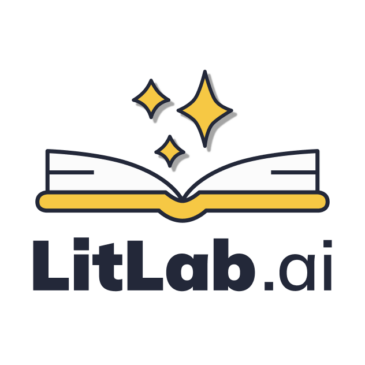
LitLab was founded by teachers who believed reading practice can and should be both fun and aligned to the evidence underpinning the “science of reading.” According to Drew McCann, the company’s head of learning, the cofounders focused on the foundational reading skill of decoding, because they “heard over and over from teachers and advisors that existing decodable books were not joyful, culturally relevant, engaging, or motivating to students.”
Their solution was a platform of short, vibrantly illustrated books with diverse characters and social-emotional plotlines geared toward specific decoding skills, such as vowel combinations or how common prefixes like “un” change the meaning of words. Paired with a large library of these books is an AI-story generator that teachers and their students can use to create new stories for practicing particular skills, and that’s where LitLab wants to focus during their partnership with the Sandbox.
For instance, the platform can record students reading aloud so that their teachers can assess their progress and target instruction, but kids seem reluctant to use the recording feature. McCann and her colleagues have sought advice from the Sandbox literacy experts on strategies, such as partner or small-group reading, to build up student confidence and willingness to record themselves reading.
Before joining the Sandbox, LitLab’s feedback from kids mainly came second-hand, through their teachers. “We have great relationships with teachers and a ton of teacher feedback,” noted McCann, “but one thing we were lacking was that student voice, and I hope that changes going forward.”
Piknik/Sago Mini
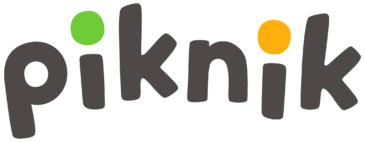
A few years ago, the educational video game makers at Piknik (creators of Sago Mini) started hearing from parents and teachers about a growing group of kids in desperate need of support, motivation, and confidence—reluctant readers. Pandemic school disruptions meant more students had fallen behind their peers and were struggling to catch up, partly because they’d outgrown early-reading instruction made for younger kids.
Their answer is a collection of games designed not only to teach phonics but to motivate kids to keep playing in order to build up their confidence along with their literacy skills.
“These games are filled with characters like baby burglars, surfing chickens, zombies, and other wild, imagination-fueled fun,” noted Stephanie Lemoine, Piknik’s senior director of design. While the company has play-tested the games frequently with kids, she said, “the concept of co-design, in terms of working directly with kids as design partners, is pretty new to us and it’s something we’re very excited to learn more about.”
With the Sandbox, they plan to tap the team’s literacy expertise as they massively expand the games’ curriculum and try to balance the use of supports like their kid-friendly reading assistant tool. Meanwhile, the co-design sessions will harness kids’ imaginations to brainstorm bigger stories, enhanced powers, and even wilder possibilities for both the players and the world of characters they encounter, to not only motivate gameplay, but to spark an intrinsic motivation and love of reading when the games are finished.
“The games are rich in jumping off points for great storytelling,” said Lemoine. “We hope to build up characters and a world that kids are curious to learn more about.”
Sesame Workshop

Sesame Workshop is a global nonprofit and leader in informal education, and as the media landscape shifts, the Workshop is shifting with it and looking for new educational opportunities in unexpected places like the incredibly popular gaming platform, Roblox.
In 2022, Sesame Workshop launched a successful STEM-focused exploration game on Roblox featuring characters from the animated series Sesame Street: Mecha Builders. Now, with the help of the Sandbox team, the Workshop is developing a new Roblox game focused on literacy skills for kids aged four and up. The game is populated by well-known Sesame Street characters, and players care for and teach “beasties” that don’t yet know how to speak.
“The most important thing you can do for your beasties is to teach them words,” explained Michelle Kaplan, Sesame Workshop’s director of curriculum and learning design. To do that, children navigate through a world of letters, collecting enough to spell simple words to teach the beasties. Players can also earn points by completing various literacy-infused mini games, which the designers hope to refine and augment through their Sandbox partnership.
Kaplan recalled their first co-design session in which kids played an early build of the Roblox game and then used arts and crafts materials to brainstorm new ideas for it.
“They came up with really fun ideas,” she said, “some of which we may be able to incorporate into this game for launch, some we might save for an update post-launch, and some we might just put in our pocket for future game design.”
The Cooney Center team is excited to collaborate with these partners and the children in the co-design sessions this spring. Stay tuned for case studies, and to learn more about our upcoming call for proposals.
We invite you to learn more about the Cooney Center Sandbox and follow us on LinkedIn. Please sign up for the Cooney Center newsletter for more updates.
